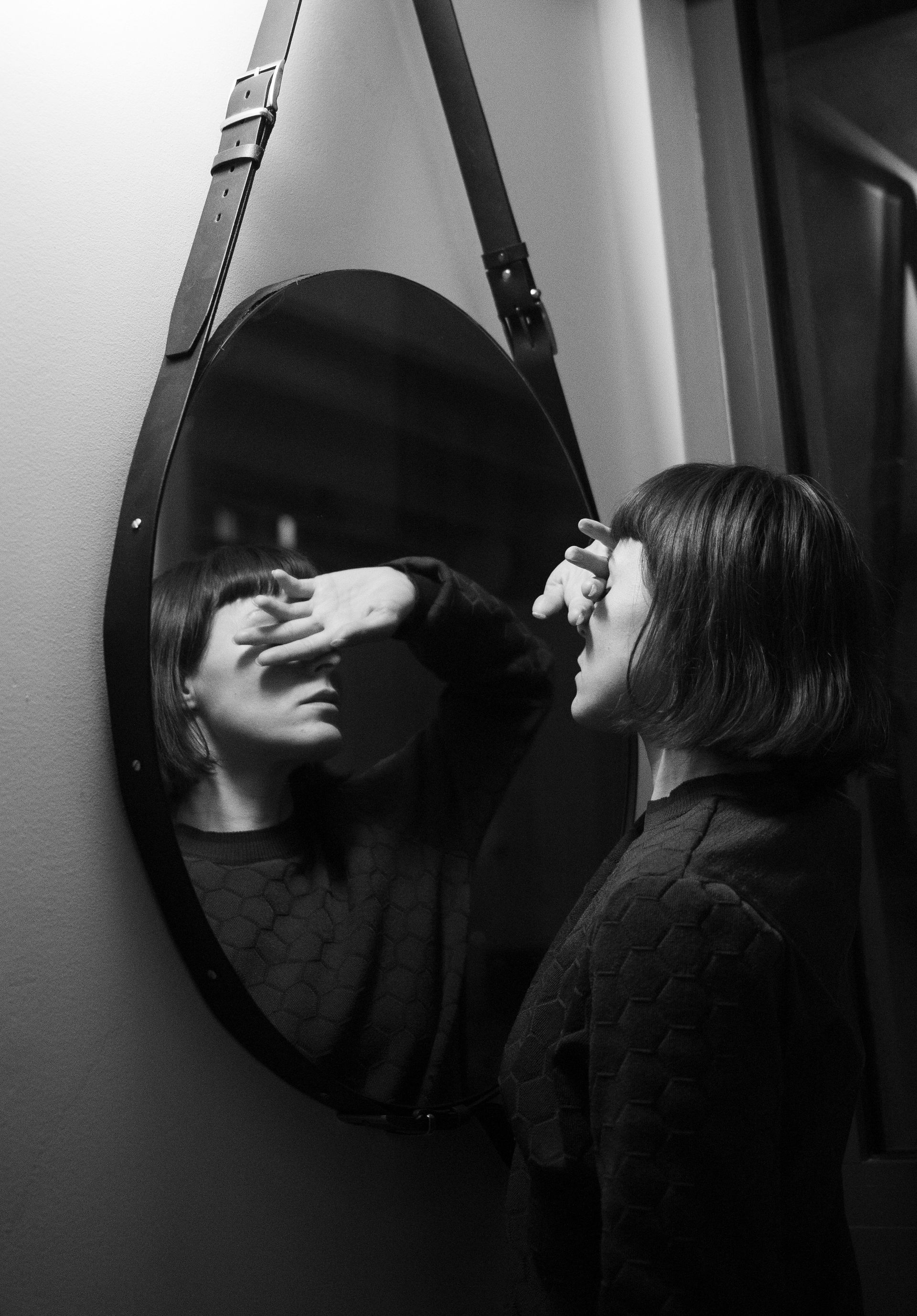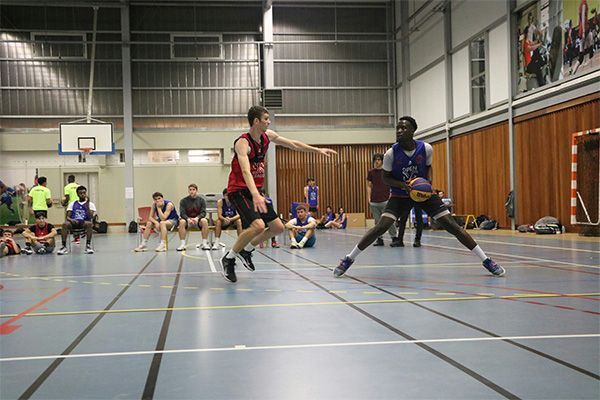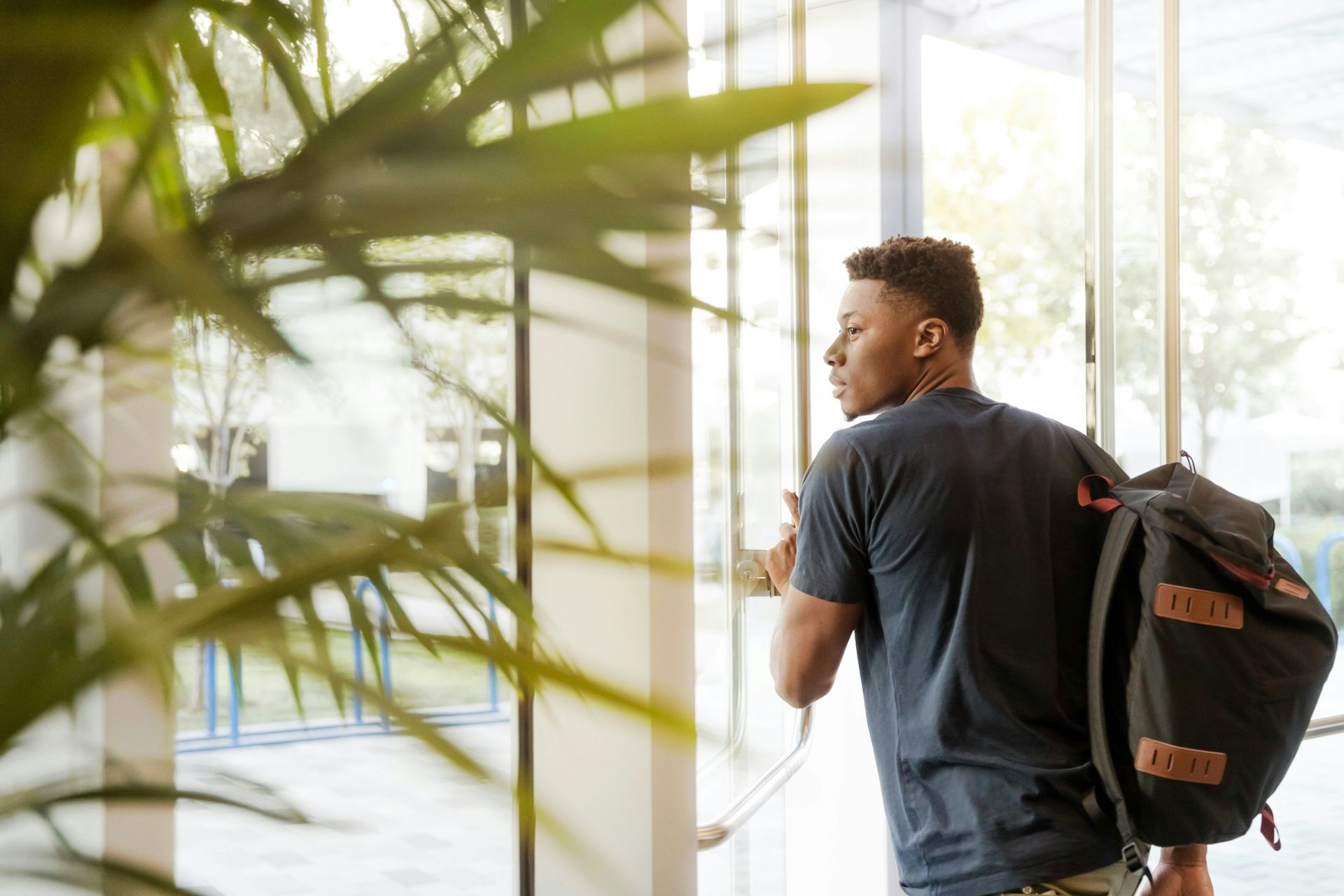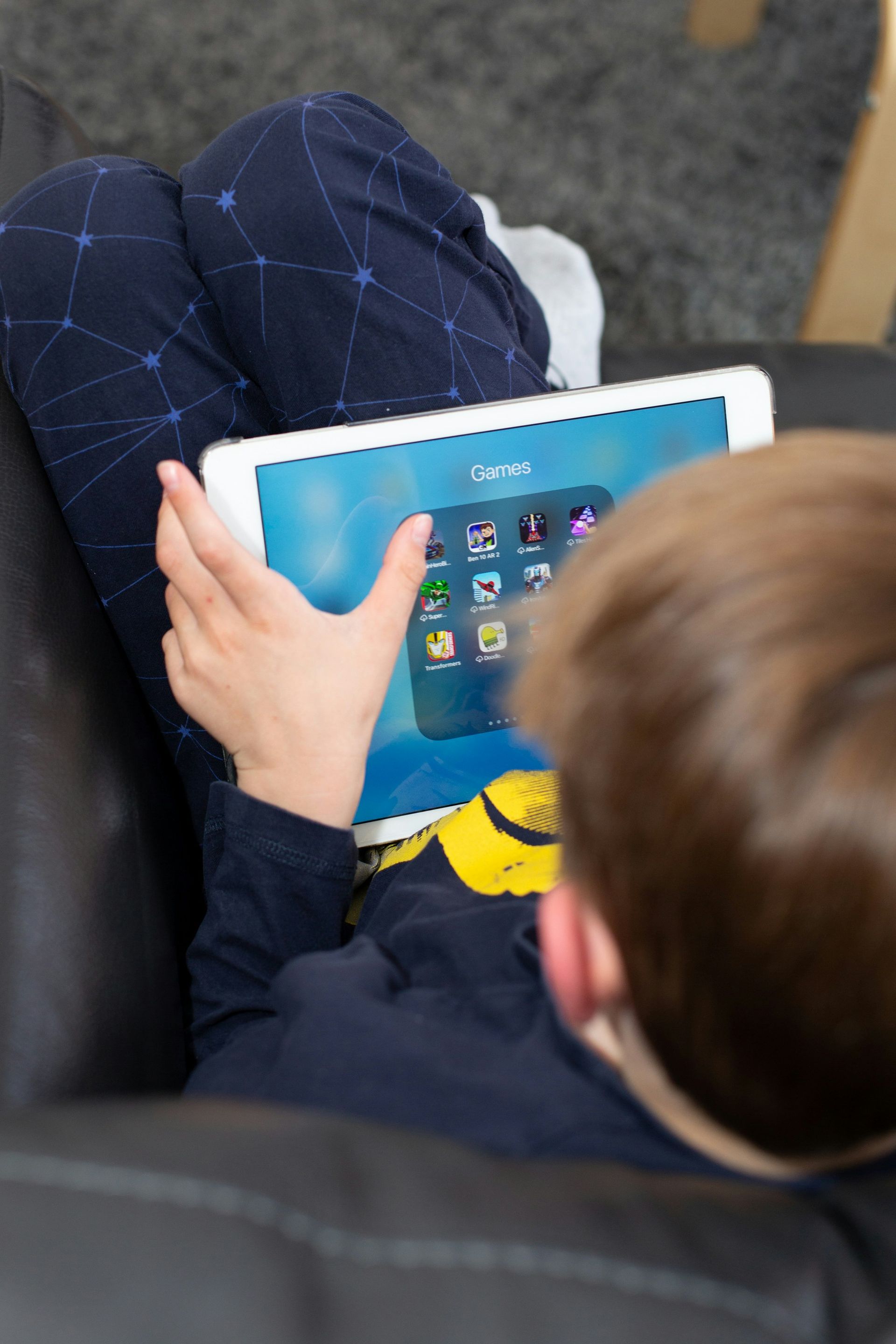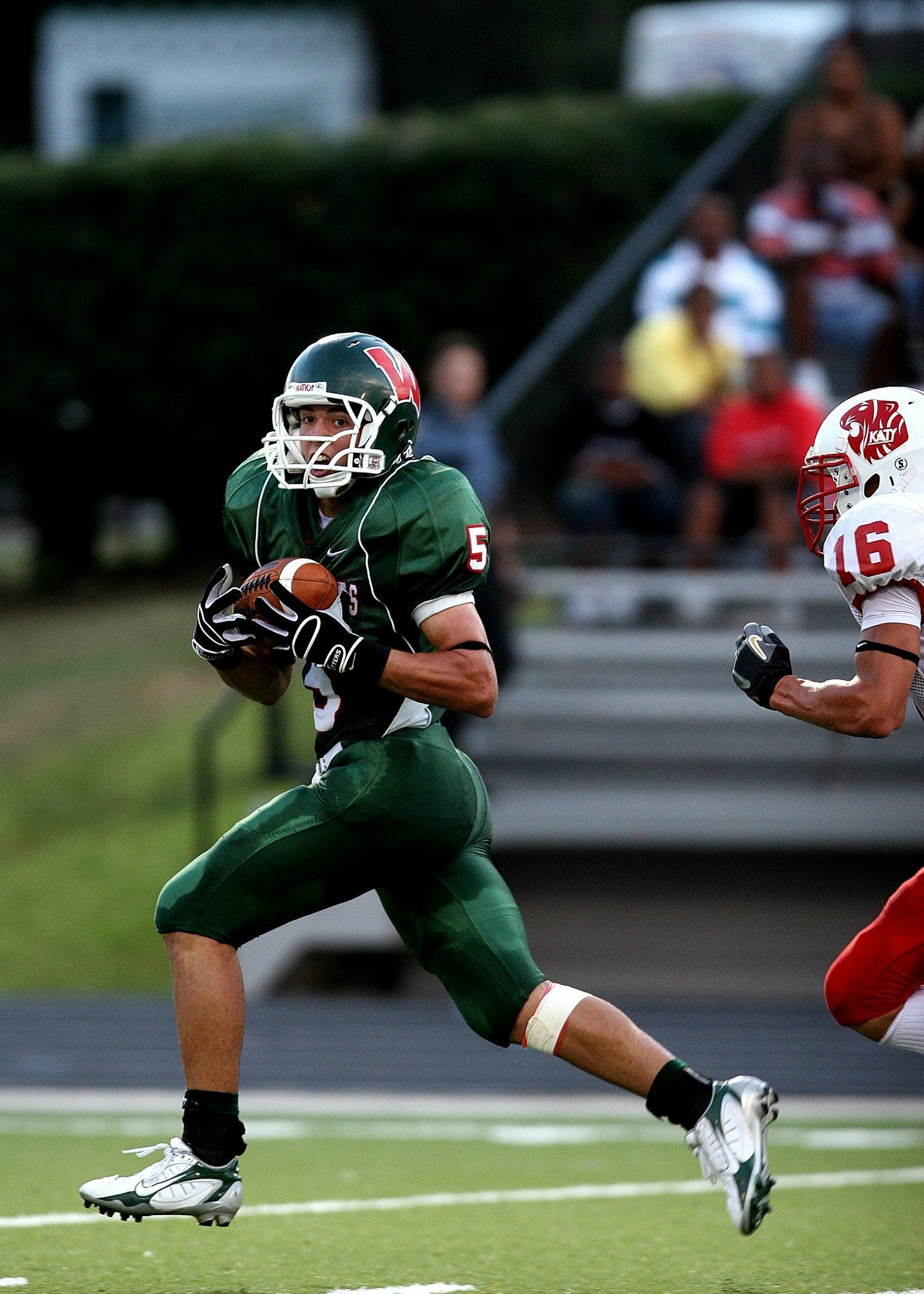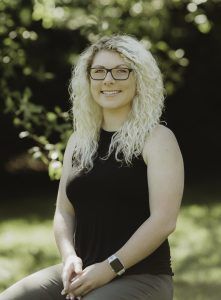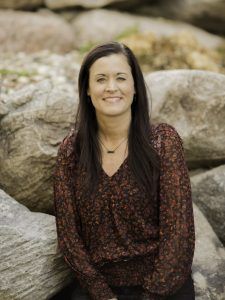Everyone has a story. An experience in your life that has tremendous influence on who you are, how you think and what you do. It can completely change the direction you thought you were heading in life. This is my story, “My Why” I am so passionate about working with athletes and mental health.
It was my sophomore year in volleyball at the University of South Dakota and we were coming off of one of the most successful seasons in school history. I was excited for the new recruits; I knew USD was going to do big things that year. One recruit in particular was an energetic and bubbly girl from small town Wyoming; her brother was on the football team at USD and a good friend of mine. He nervously laughed when he told me to “be nice to my sister,” but I knew he was serious. He understands the importance of feeling connected to a new team. Coach asked me to take her under my wing because she would be the only other south paw on the team, and would be my back up on the right side.
I connected with McKenzie right away, she was easy to like. It helped that she was talented and motivated in volleyball. Pre-season was well underway and we were becoming a close team; three practices a day for a month before any other students arrived on campus forced us to be close. We only had each other; sweating, crying, cussing, bonding together. Finally, the first tournament came; no longer scrimmaging against ourselves, it was time to put our hard work to the test. We were heading to Fargo, North Dakota to play against some of the best competition in our conference and I felt more confident than ever. The ride up there was uneventful; but to this day I vividly remember the seating arrangement on the van, the discussions between teammates, and sharing some Gatorade with McKenzie.
We had our light practice the night before competition in the Fargo gym to prepare for the following days matches. I felt good; the team looked focused, and it was hard to hold back the intensity in our walk through. McKenzie wasn’t her bubbly self. She kept rubbing her neck and saying that she felt “weird.” “I don’t know how else to explain it Becky; I just don’t feel right.” I shrugged it off as freshman jitters and told her she’d be okay.
The next morning, we all loaded up in the van, except McKenzie. Our trainer said she wasn’t feeling well and was going to stay back from the morning game. It didn’t feel right; but I was so focused on the game that I didn’t give it much more thought. A time-out was called during the game and it was my first glimpse into the reality of the situation. We weren’t greeted by our Head Coach, but rather, our grad assistant, Kam, who told us that Coach had to leave. She said not to worry and to re-focus mentally on the game. Afterward, our excitement of the win, turned dark when we looked at Kam’s face. “You all need to pray for McKenzie.” It felt surreal. I had so many emotions; scared, worried, but mostly confused. We held hands and prayed as a team; none of us believing it could really be that bad. What could happen to a healthy, 19-year-old athlete?
The rest of the night was a blur. I remember bits and pieces of waiting with my team in the hotel room to find out some answers about what was happening, but no one had any. Our grad assistants tried to keep us distracted with candy, pop, and junk food. I remember thinking it was an odd choice considering how much we had just conditioned in pre-season.
Finally, Coach returned to the room, I immediately knew it was bad. The look on his face as we connected eyes told me that things were not going to be the same. I’ll never forget his words. “You all know McKenzie as a fighter, and she was…” That’s all I heard. Was? As in past tense? My sense of security and invincibility was crushed in that sentence.
As details began to surface; we learned that McKenzie passed away from Meningococcal Meningitis. A disease that I knew nothing about at the time other than that it was highly contagious and we needed to get to the hospital immediately to take a preventative pill. A sleepless night followed into day as we began our long trip back to South Dakota; it felt like an eternity. I was lost in my thoughts and staring at the road; randomly hearing teammates break out into tears. I felt numb. It was an awful feeling to be captive to your mind and your emotions. To this day, I cannot explain the sense of responsibility I felt in losing McKenzie.
We were given time off to spend with our families before trying to get back to our “new normal.” Practices and games started up again, but it felt very different, like our team was incomplete; and it was. How do I move past this when everything I do, everybody I see reminds me of an awful event I’d like to forget? I didn’t know this then but I became depressed. I couldn’t sleep, couldn’t concentrate, and for the first time in my life I didn’t want to play the sport that I loved. I just wanted to isolate myself and try to figure out how to get McKenzie back.
I wasn’t alone. The whole team was struggling. We hadn’t won a game since losing McKenzie and I could see the struggle in Coach’s face when he tried to figure out a balance in how hard he could push us and how much he needed to comfort us. He eventually brought in a Sports Psychologist who spoke with us and provided some skills to utilize. I remember being fascinated with her job at that time.
For my purposes, I’d love to say that meeting with this Sports Psychologist changed everything and helped me move past my grief, but it didn’t. It was a piece of my recovery; the most crucial piece came from McKenzie herself.
A few months after losing McKenzie, I had a dream unlike any other I’ve had. In this dream our trip to Fargo was recreated in detailed perfection. From the seating arrangement on the van, to the color of the Gatorade. I remember laughing and telling stories with the team, and then slowly, one by one, they started to disappear. I soon realized that it was only McKenzie and I left on the van and I knew what was about to happen. I buried my head in my hands and started to cry. McKenzie moved to my seat and wrapped her arms around me. She rocked with me back and forth and repeated, “I’m fine Becky, I really am. I’m okay. You need to move on.”
I woke up that morning and for the first time in a long time, I felt a sense of happiness and a sense of closure. I felt like I was given permission to move forward. I continued the healing process with family, friends, and most importantly, with the team that holds an unbreakable bond by experiencing this loss together. I made it through stronger, wiser, and better equipped to handle adversity.
This tragic event gave me firsthand experience the barriers mental health can forcefully impose in competition and in life. Thoughts and feelings can be foreign, confusing and uncontrollable no matter how hard you try to “push through.” Some of these barriers are short-lived and circumstantial, while others are chronic and debilitating. This experience helped shape my passion, and my passion has become my profession. To help those experiencing the pain and confusion of mental blocks and guide them in overcoming these barriers successfully, regardless of the degree of severity.
If you are interested in learning more about McKenzie, or Meningococcal Meningitis, her family started a non-profit foundation to educate on the disease and provide funds to those that cannot afford to participate in the state vaccination program. You can check out their website at http://www.themckenziefoundation.org
~In Loving Memory of McKenzie Carter Hartwig #8~
The post My Why-When Passion Turns Into Profession appeared first on Focus Therapy.
